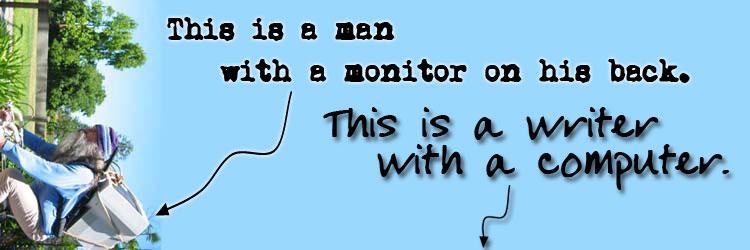I suppose that I should be glad that it wasn’t more than $24.
It was early, and I wasn’t ready to get out of bed. But I had promised that I would be ready at 7:45 AM. I opened my eyes at 7:20 AM and browsed through my emails—a bad habit that I had built the last few years. Then I heard the crash of the metal gate close and my front door open. Quite promptly, the stairs thumped rapidly up the stairs. A jangle of metal keys fell into a silver platter. I opened my door. “You’re here early,” I said and headed to the bathroom.
In a few minutes, I was ready to go. In a skirt, a buttondown shirt, and camisole. I pulled on my Frye black flats, which I hoped wouldn’t feel tight later on the day. In the back my mind, I cursed the stylist who sold it hard to me for over $100 when I didn’t have the logic to actually see they fit. At least I would look casual for the participants.
I got a ride to the caltrain. It was still so early and the even earlier train had just left. “Okay, I am ready to go,” I said and hopped out to saunter down the stairs.
I saw a friend at the ticket machine, still wearing her helmet and next to her bike. I tagged my card and walked over. “Youna,” I said brightly.
She blinked and said, “Oh hello!”
She, her friend, and I chatted a bit. Then a train arrived. I wanted to sit in another car, but I wasn’t ready to embarrass myself by struggling to open the doors between cars. So instead, I took an empty seat next to other people. I pulled up a presentation that I had been working on—made adjustments. Then I switched over to edit my ice cream book. So fascinating, these two brothers in Rome, their love and passion. The girl next to me motioned that she was getting off. Millbrae. Just a few more stops. I edited the words. I moved sentences back and forth. I fixed the quotes. Copy and paste. I was annoyed by all the rocking of the car, making my laptop slide back and forth all over my lap. Then I looked up, satisfied with my work.
I didn’t recognize the surroundings. A stadium? Sparse suburban area. Where were the leafy tree-lined streets? The startup world. I looked down at my phone. 9:16 am? How is that possible? I was supposed to get to my stop shortly before 9 am. Unless…
I brought up the map on my phone. I was closing in San Jose. I screamed silently, realizing my mistake of missing my stop. I stuffed my laptop in my bag and briefly thanked that the conductor didn’t come through. I anxiously plotted what I should do. Uber, of course. No point of trying to sneak onto another train back up. it would never make it in time.
So I hurried through the station. Impressed that it just looked like the train stations in Italy. But this one looked exactly like English. But my fascination was squashed by my irritation and anxiety. Mountain View, shouldn’t be that far right?
Outside the station, I looked at the app. Now irritated that I had to use uber and the estimated fee was about $25. I didn’t have a choice. I looked at the taxis and hesitated. No way. The uber driver arrived and without hesitation, I jumped into the front seat. She was amicable. Oddly for a uber driver. She wanted passengers to chat with and widen her world. She sympathized with my plight, commenting that it’s really common. Then she complained about passengers who made out in her car. “I wish that I drove a limo so I could roll up a window between me and them,” she said.
And then I arrived in Mountain View 22 minutes later. I jogged over to tag my card. Then I jogged to the office. I could feel my feet swell and the shoes feeling tighter. In a brief glance at email, I saw the total. Almost $24. I grumbled and told the Internet my plight.
